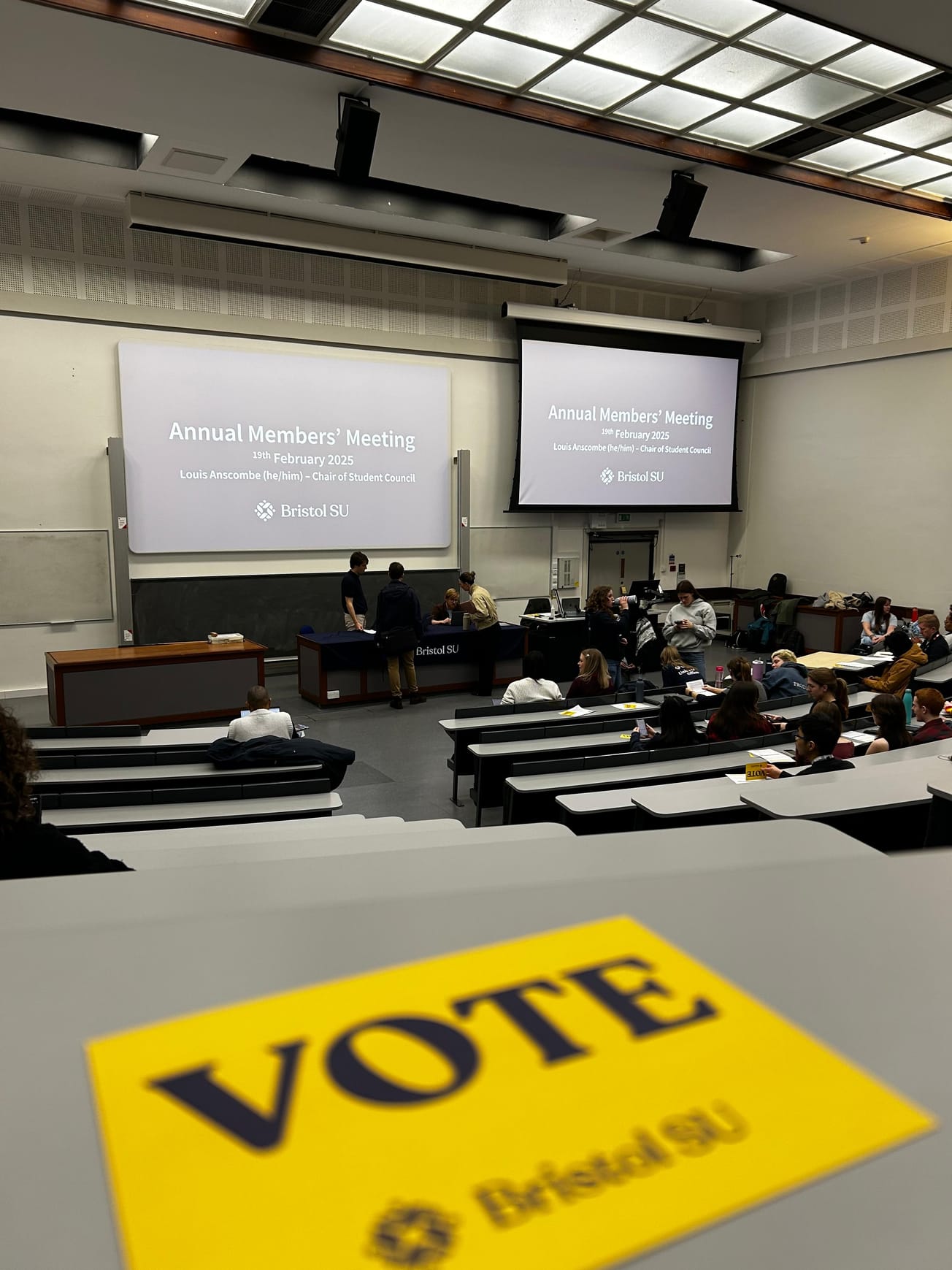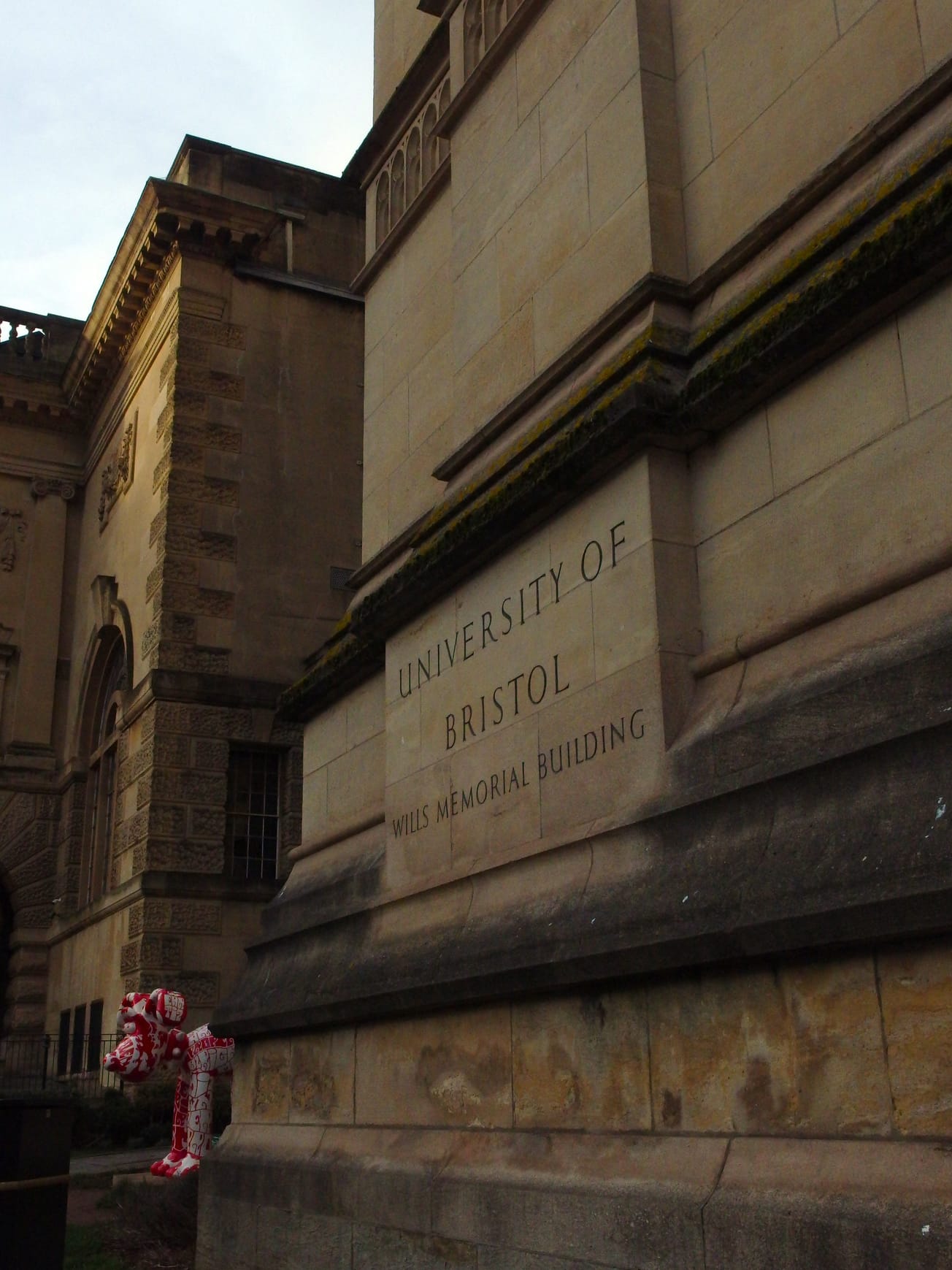According to the findings of Animal Aid and Animal Justice Project the University has used more than 26,000 animals in experiments in 2017, including cats, rabbits, mice, fish and guinea pigs.
The groups claim that countless animals are being tested on and harmed for research that does not result in human lives being saved.
Claire Palmer, Animal Justice Project Founder said: ‘Animal Justice Project has consistently raised alarm bells about crude, cruel, and pointless experiments at Bristol and yet again we find researchers to be wasting public funds and animal lives.
'We challenge Bristol University to provide evidence that an experiment carried out here has saved human lives, and we urge students to opt out of inhumane research.’
A statement from the organisations on the recorded suffering includes:
- Female rats being “instrumented”- their necks and abdomens cut open and a cuff inserted around their nerves to record bladder pressure as saltwater is infused into them.
- Six-week-old mice being fed lard for months to study obesity and then killed by having their necks broken.
- Mice having circulation in their back legs repeatedly cut off to see if this protected their hearts from damage, the outcome of which ‘has failed to convincingly translate into clinical practice.’
- Mice being given bone marrow transplants and then killed six months later. The mice underwent monthly behavioural testing for six months – including trying to hold onto spinning rods – and were then killed afterwards.
The authors of the experimental research state that ‘This procedure has been extensively studied in humans for other diseases, and it must be taken into consideration that, when used clinically, allogeneic transplantation carries significant risks of morbidity and mortality’.
Supposedly, the authors of one paper did not know the name of the legislation under which they have been licensed to harm animals – calling it the UK Mice (Scientific Procedures) Act 1986. They had been involved in giving mice opioids in various ways such as injections, a pellet under their skin or via a pump inserted into their bodies – in order to investigate what happened.
For many people, it is hard to believe that #animal experiments happen right on our university campuses.
— AnimalJusticeProject (@ajpReact) October 14, 2018
In fact, over 50% of animal #experiments in the UK are held on campuses!
Animals are here with us, not for us. 💕https://t.co/td3nHWmHRShttps://t.co/JN5kfvWu47
Jessamy Korotoga, Campaign Manager at Animal Aid said ‘The university of Bristol is not only involved in the shameful practice of animal experiments, but we have examples here of researchers conducting procedures in animals which have failed in humans, procedures in animals which are known to be very dangerous to people, and other researchers who don’t even know the name of the law which licenses this terrible suffering.
He added:
‘This alone should be sufficient for prospective students to look elsewhere for a good education and for current students and staff to ask the Vice-Chancellor and President of the University what an earth is going on’.
A University spokesperson has responded to claims: ‘The University of Bristol acknowledges that some people have concerns about the use of animals in research.
'However, we also recognise that research involving animals is vital for advances in medical, veterinary and scientific knowledge that improve the lives of both animals and humans.
‘Wherever possible, our research relies on computer models, human volunteers or cells grown in the lab. However, these methods are not suitable in every instance. That’s why, when absolutely necessary, we support the principle of involving animals in research in order to advance our understanding of health and disease.
‘These include: cardiovascular and cancer research, research into diseases associated with infection and immunity as well as veterinary and agricultural research. An example of this type of research is a revolutionary therapy that protects thousands of newborn babies from brain damage caused by a lack of oxygen at birth.
'This has since been provided by neonatal intensive care units across the UK since 2010 and saves 1,500 babies from death and disability each year.
‘We are committed to a culture of care where animals are treated with compassion and respect. All of our research involving animals is ethically reviewed and carefully regulated by the Home Office.
'All of our scientists and technicians who work with animals receive specialist training to ensure that their work promotes animal welfare and complies with relevant legislation.
'They are also committed to the 3Rs (replacing animals with non-animal alternatives, reducing the numbers of animals used and refining techniques that involve animals)'.
Featured image: theirishtimes.com








